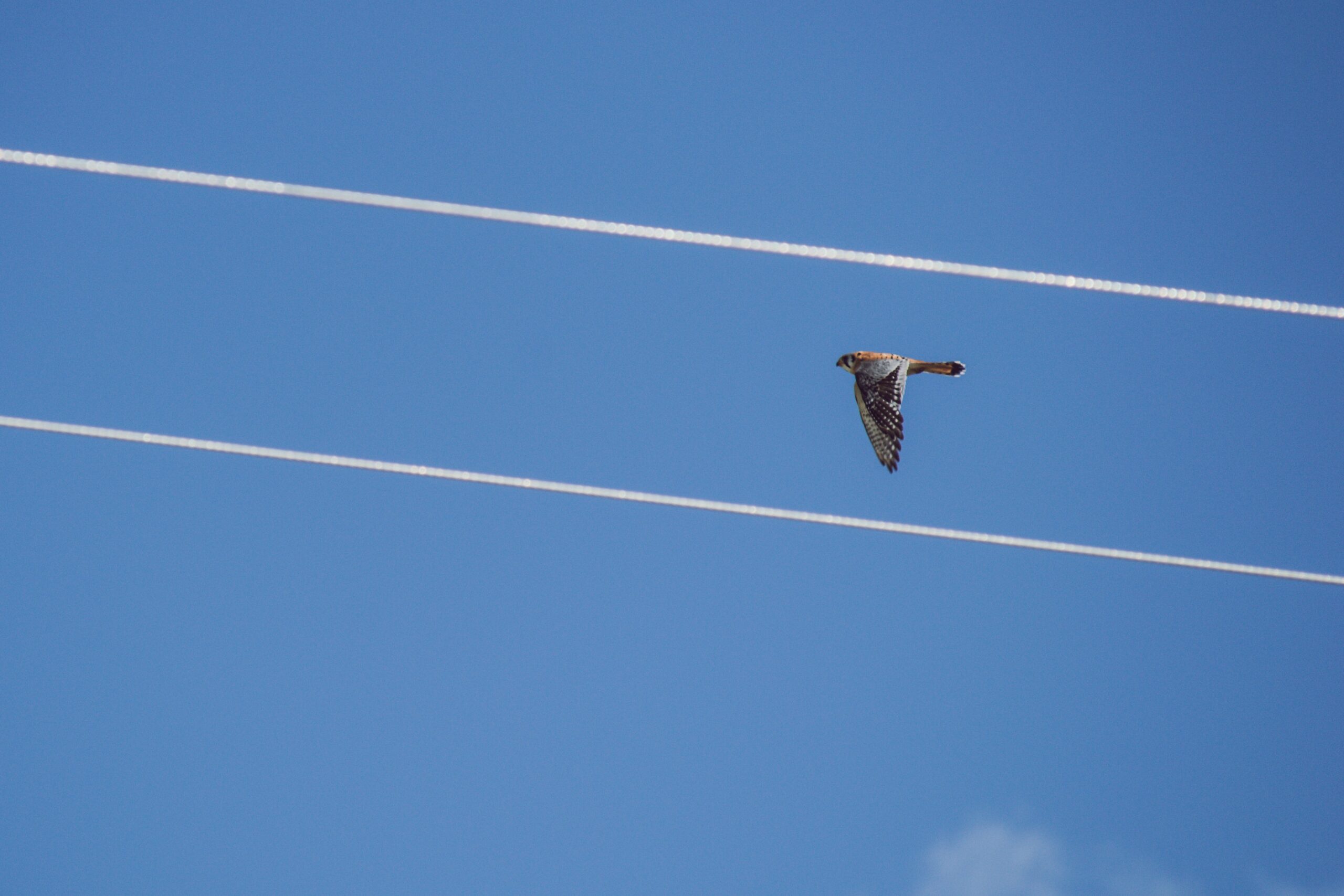By the time I was 38 or so, I started losing track of my age.
My husband, Will, was conveniently born in the same year but in an earlier month, so on the rare occasion I’ve suddenly needed to know my age and Will is within shouting distance, I simply ask him how old he is (he always knows), and then I do a quick mental assessment (i.e., is today between his birthday and mine?) to determine whether I should subtract 1 or not.
I’ve long lost track of my parents’ ages, too. Even if my life depended on it, I would not be able to tell you precisely how old they are right now without first doing some research. And my niece—I think she’s somewhere between the ages of, say, 11 and 14, because I know she’s at least a few years older than my oldest.
I remember being on a plane a few years ago. I was traveling alone. It was the last business trip I took, in December of 2019. Mid-flight, somewhere between California and New York, I woke up from a dream in which I was horrified to realize I was 44. More than half of my life was likely over. I had lost time, lost years of time, without knowing where that time had gone.
A few redundant mental calculations later, I gradually realized to my deep relief that it had only been a dream. In the waking world, I was still 40. Not 44. The pandemic wouldn’t be starting for another few months. I could breathe again.
I am remembering this dream because now I am 44. (I’m sure, because I just had a birthday.) I’m happy to report that it does not feel like the nightmare my dream presaged. The past few years—years in which I ultimately left one path in order to explore and create new ones—have felt like years in which I’ve reclaimed a sense of time and self. It is a sense more of growth and evolution, than of age.
Looking back, I can see that I was traversing a normal, expected “midlife transition”: from a life guided more by the fragmented expectations of others, to a life guided more by the integration of my own. Some people experience this as a “midlife crisis.” But “midlife” is not age-specific, and it doesn’t have to feel like a crisis. (Although a pandemic doesn’t help in that regard.) Or perhaps it’s more accurate to say that there are as many different ways to have a crisis as there are ways to feel disillusioned.
In The Adult Years, Frederic Hudson writes:
The goal of the midlife transition is to unite life, not divide it. It connects time already lived with time left, being young with becoming old, feeling unique with feeling connected, and being in control with being nurtured by forces greater than ourselves. The central theme of the midlife transition is to get clearer than you have ever been before about who is running your life and to let it be you.
Let it be you.
No matter where you are in life, let it be you.

Beautiful, Kathy! Exactly the sentiments I needed to read as I’ll be turning 45 in two days😳♥️ Much love to you and yours. T
Thanks so much, Tim, I hope you enjoy everything that this new year has to offer!